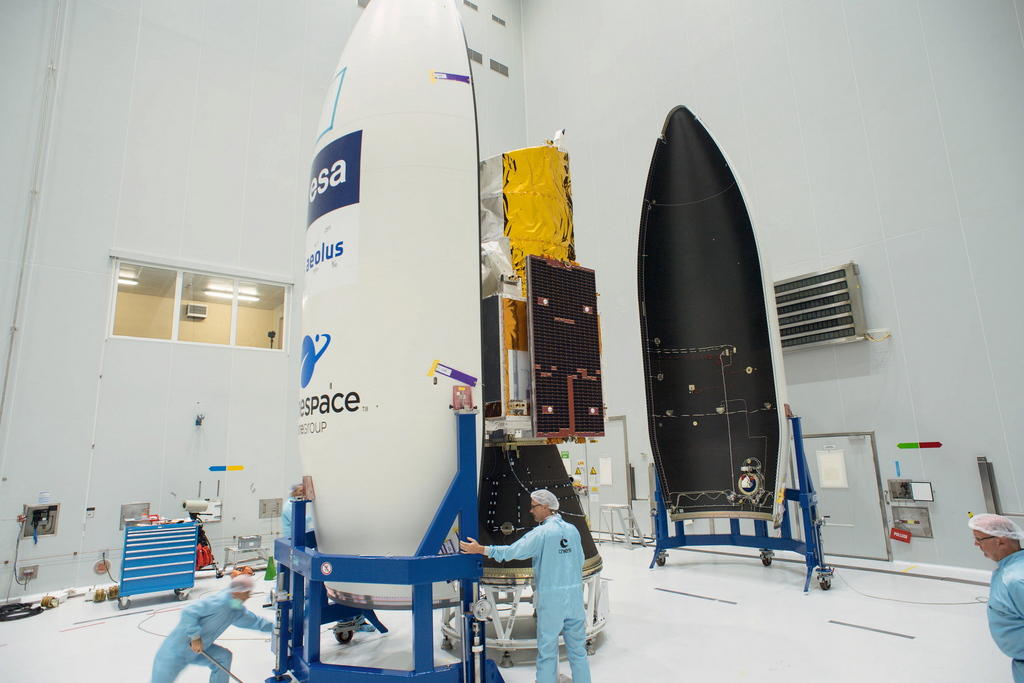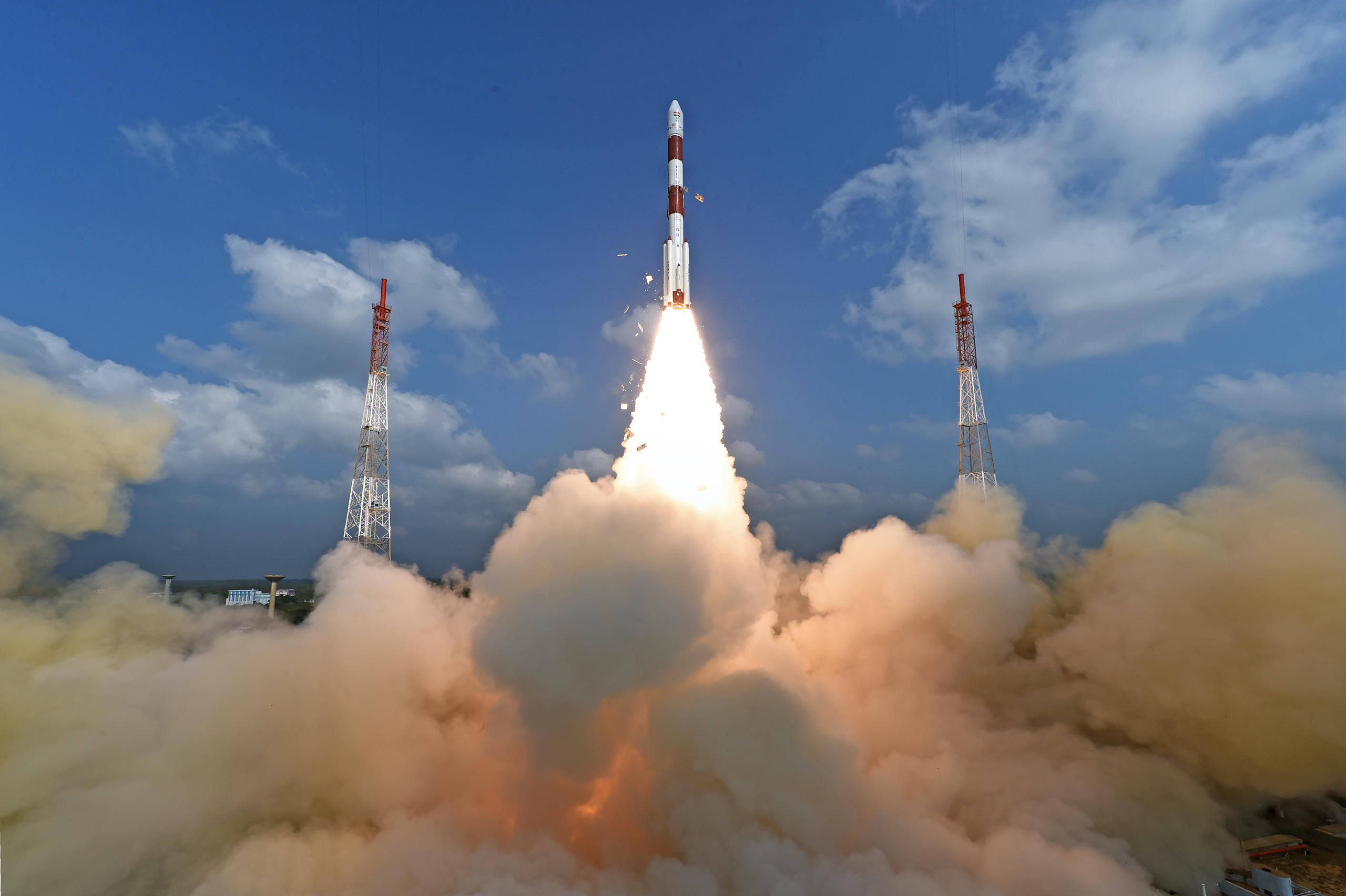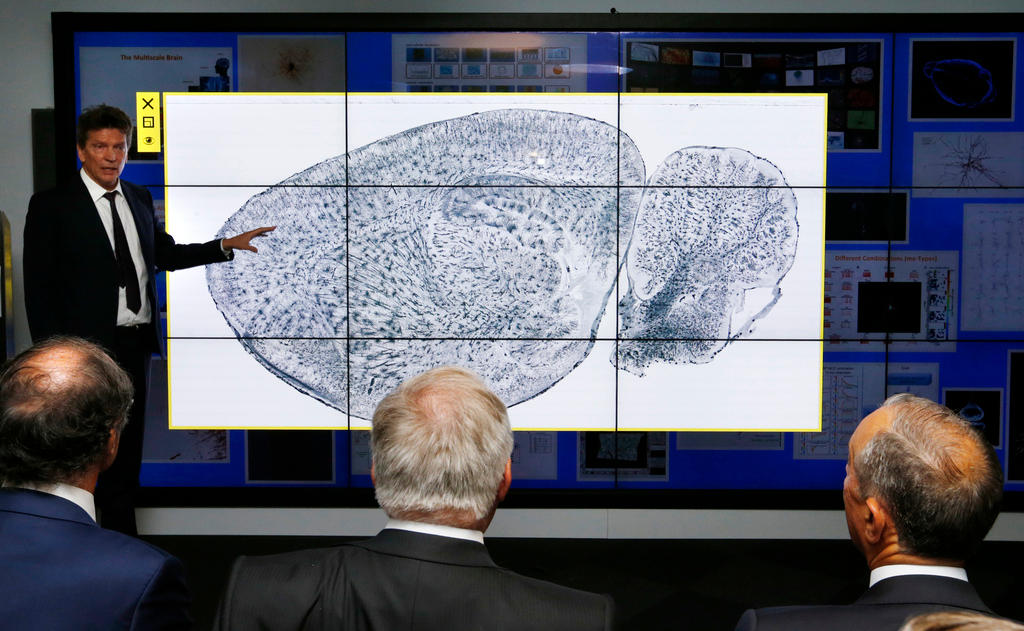Nanosatellite could make data tracking more affordable
A Swiss-designed nanosatellite that's slightly bigger than a shoebox is now in orbit, being prepared to monitor infrastructure such as African water use from space.
The small satellite was produced by Astrocast, a spin-off of the Swiss Federal Institute of Technology in Lausanne (EPFL).
The satellite was sent into space on December 3 at a rocket launch in California. Following a test phase, the shoebox-sized device will be used to better monitor infrastructure and facilities, including those in remote areas.
Astrocast’s satellite is a type of cube-shaped nanosatellite measuring just 10 centimetres (4 inches) per side. The first device went into orbit along with some 70 other satellites aboard the Falcon 9 rocket from SpaceX, which is owned by the Tesla CEO Elon Musk.
The EPFL spin-off’s system will be used to monitor infrastructure and facilities, such as water purification operations in African villages, remotely and cost-effectively. The machines will have an internal communication module that will send water consumption and status data several times per day.
A second satellite of the same type will be deployed from India in January, and the company plans to launch dozens more satellites into orbit by 2022External link.



You can find an overview of ongoing debates with our journalists here. Please join us!
If you want to start a conversation about a topic raised in this article or want to report factual errors, email us at english@swissinfo.ch.